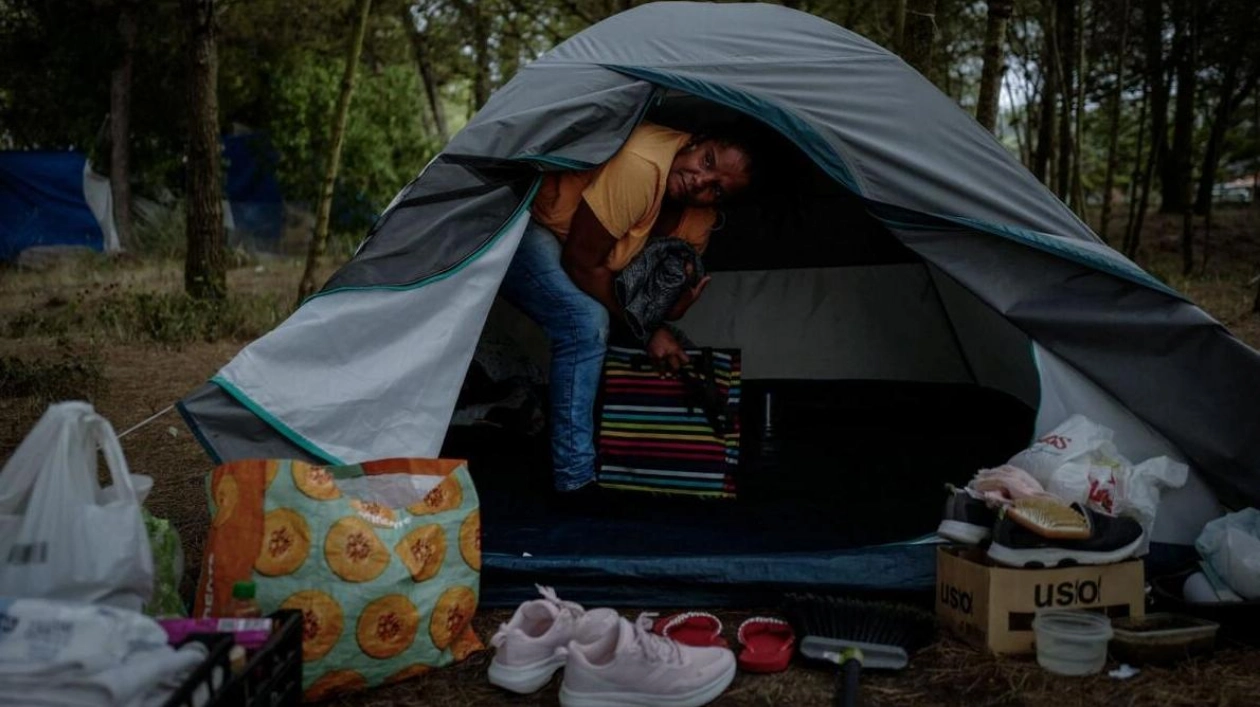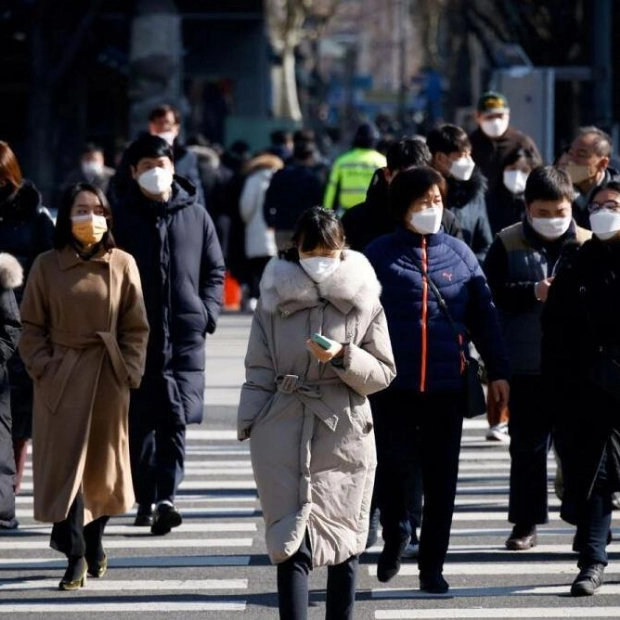In pursuit of a better life, 50-year-old carpenter Andreia Costa relocated from Brazil to Portugal in 2022. However, her aspirations were quickly thwarted by the nation's severe housing crisis, which left her with no option but to live in a tent. She joined other migrants and some locals on a site near the outskirts of Lisbon, where rents had skyrocketed by 94% since 2015 and house prices had surged by 186%, according to Confidencial Imobiliario. Despite being one of western Europe's poorest countries with low average wages, Portugal's housing shortage has been exacerbated by the influx of affluent foreigners attracted by property investment and tax incentives.
Costa arrived legally with only 600 euros and managed to secure cleaning jobs at the national minimum wage of 760 euros per month. However, the 400 euros monthly rent for a small room soon became unmanageable. 'I shouldn't have to pay more than 50% of my salary for a room,' she stated. 'Renting really suffocates people's lives.' She purchased a small tent and set it up on a vacant plot near Lisbon. As time passed, more individuals joined her, but they eventually had to vacate the site due to its private ownership.
Life in the tent was challenging; Costa had to collect water from nearby beach showers, use portable cooking devices, and navigate home in complete darkness without street lighting. Migrants are particularly at risk during this housing crisis, often facing precarious employment and lower wages, according to the Migration Observatory (OM). Portugal's foreign population has more than doubled since 2018, with Brazilians forming the largest migrant group, followed by an increasing number from Southeast Asia.
Housing researcher Simone Tulumello described the situation as 'two extremes: migrants who are so-called poor... and a 'rich' migration of investors, pensioners, and highly qualified professionals.' This model, heavily reliant on real estate and tourism, has led to a dramatic increase in housing prices that affects everyone. Researcher Marina Carreiras noted that migrants frequently encounter discrimination in housing and lack information on support services, even those who speak Portuguese fluently.
OM data revealed that 19% of non-EU residents live in overcrowded conditions, compared to about 8% of native Portuguese, with people from countries like Nepal and Bangladesh being particularly impacted. 'Foreigners with low incomes have to live in overcrowded conditions to somehow have a roof over their heads,' stated OM director Catarina Reis de Oliveira. Tulumello advocated for rent controls, more social housing, and the elimination of the need for a guarantor or advanced payments.
In June, Portugal's centre-right government introduced a new plan to toughen migration rules, including the abolition of the 'manifestation of interest' mechanism. A ministry source described the previous backlog of 400,000 unresolved cases as 'truly despicable from a human perspective.' Oliveira warned that uncertainty about their status could make migrants even more vulnerable. The government also plans to modify its golden visa scheme to encourage investment in affordable housing for locals and migrants.
Despite the hardships, Costa maintained a positive outlook during her months in the tent, forming a close bond with another Brazilian, Marcia Leandro. She eventually saved enough to purchase a small, old caravan. 'I don't need more than this space to be happy,' Costa said, with a dream of someday owning land where others affected by the housing crisis can find shelter.






